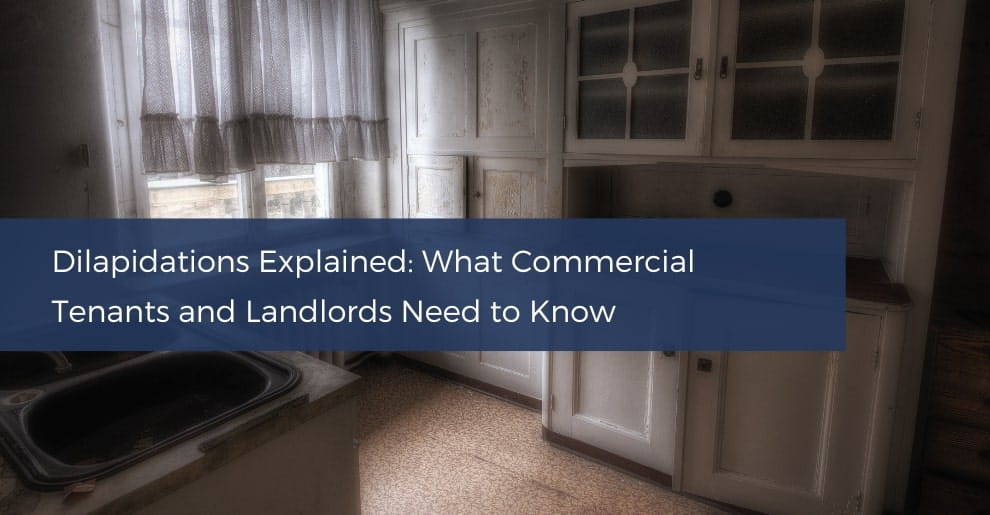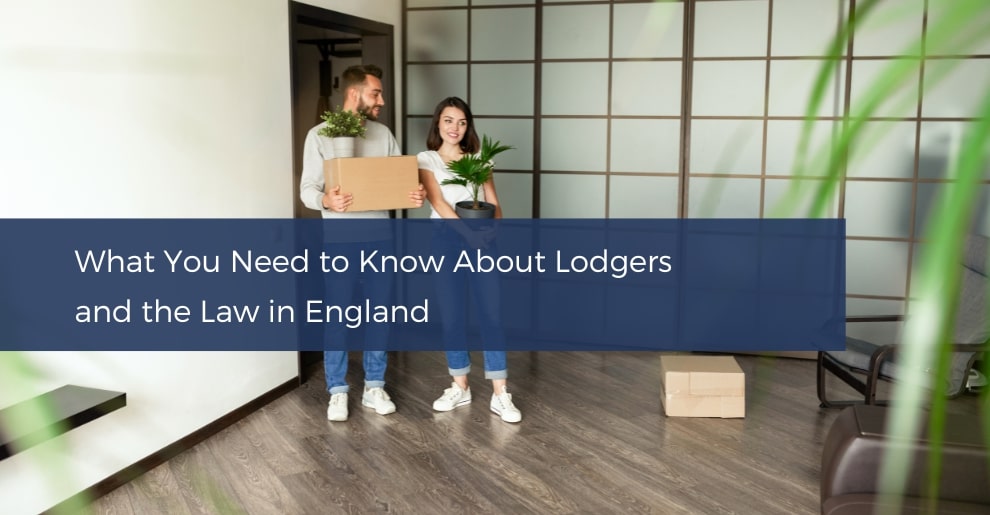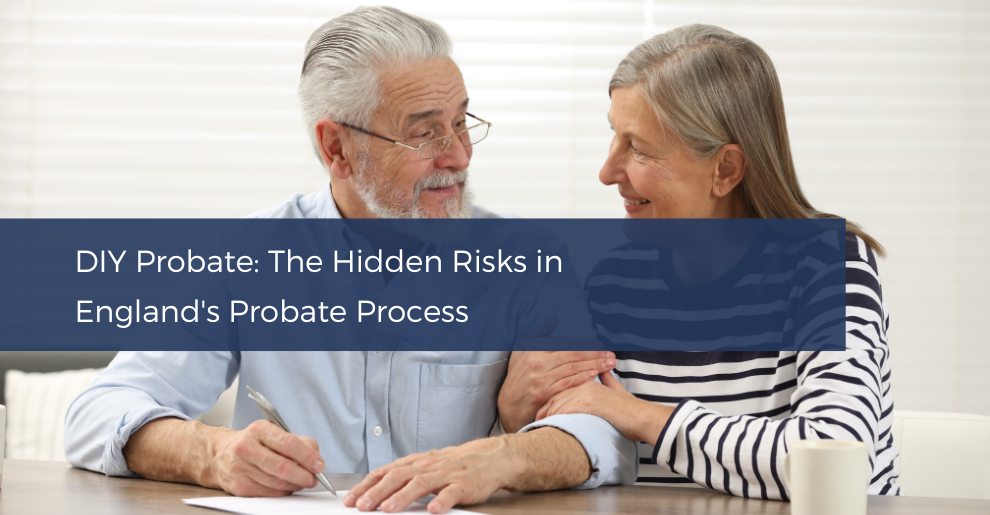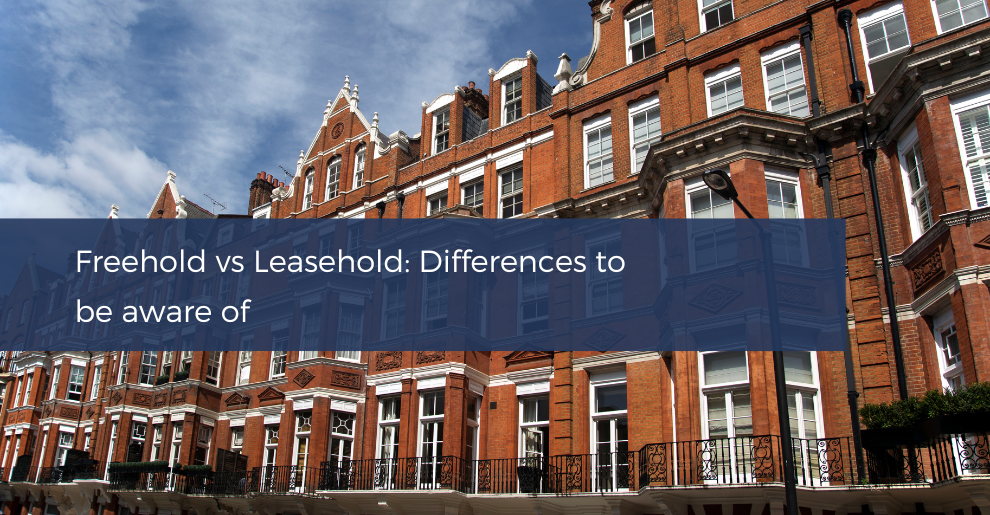Renters’ Rights Act: why process and paperwork matter more than ever for landlords
The Renters’ Rights Act has now passed into law, marking one of the most significant shifts in the private rented sector in a generation. Most of the new measures will take effect in May 2026, with a national landlord database to follow later in the year. For now, landlords are being urged to use the lead-in time to review how they manage tenancies and to stress-test their processes and paperwork, which will be increasingly important in future. The Act is designed to strengthen tenant protections and improve standards across the…









